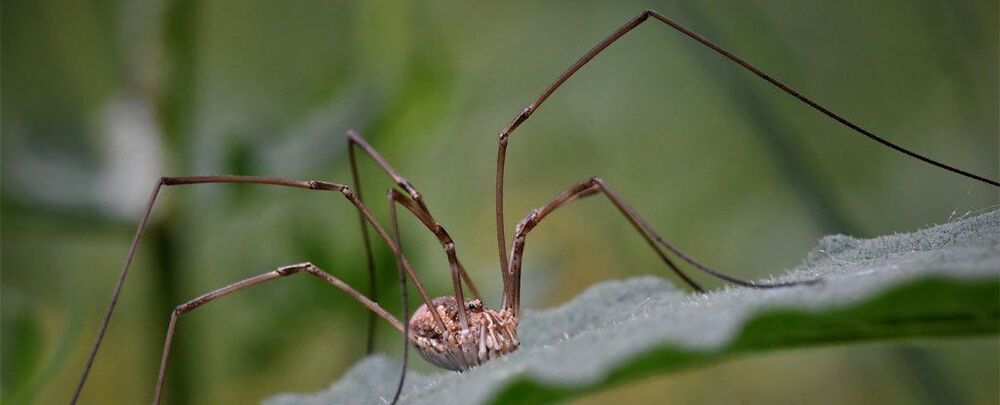Through a process known as RNA interference (RNAi), scientists have been able to modify the genetic make-up of the daddy long-legs arachnid so that its distinctive spindly limbs become twice as short.
This process – which uses a gene’s own DNA sequence and small fragments of RNA to turn the gene off – was applied to the Phalangium opilio species, one of the most common species of daddy long-legs in the world.
The result is effectively a daddy short-legs instead of a daddy long-legs. The team behind the work is hoping that the experiments can teach us more about how these elongated limbs evolved in the first place.
